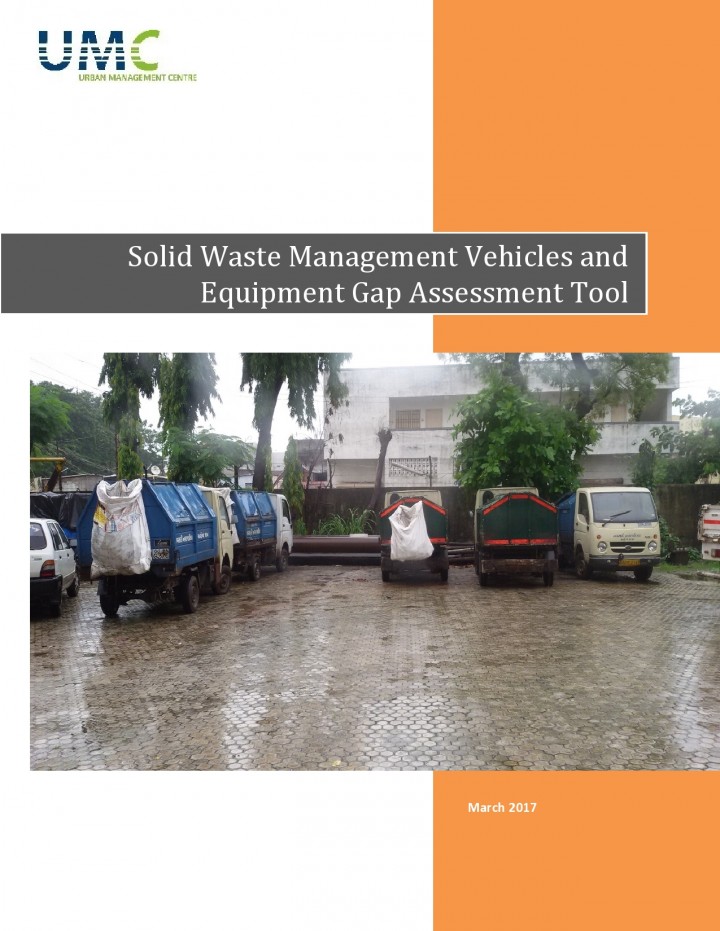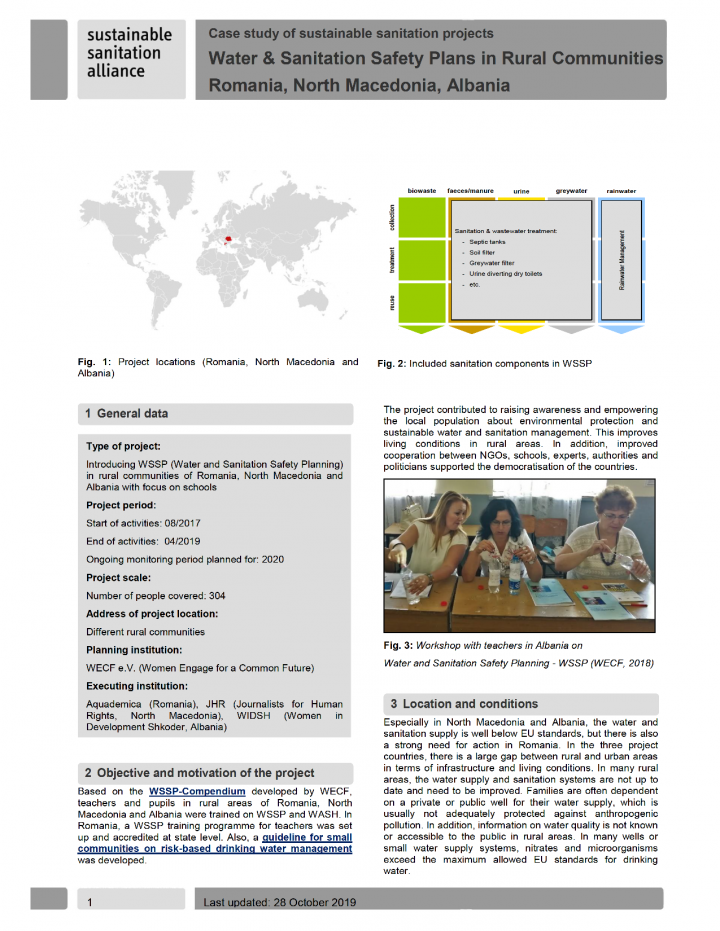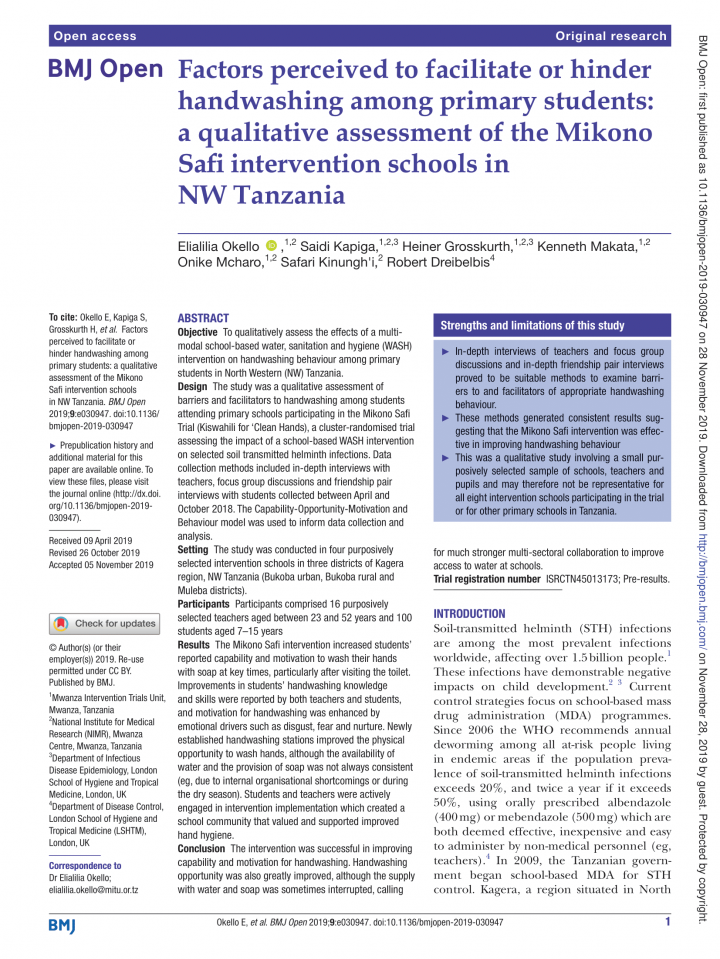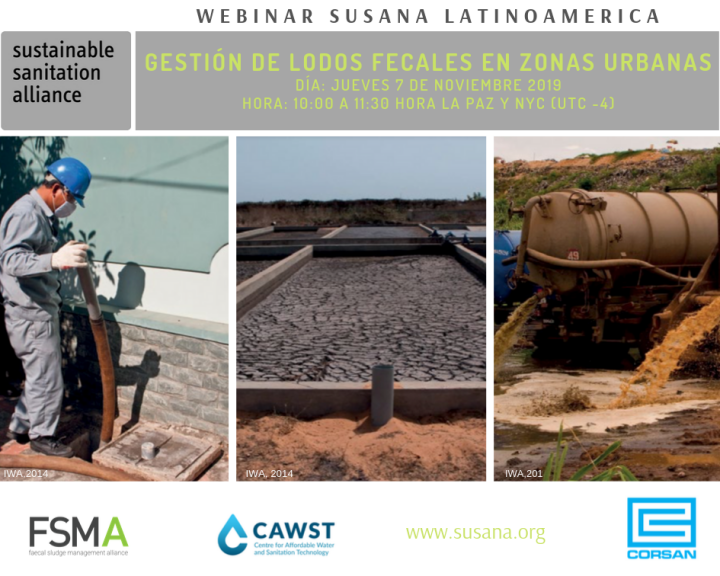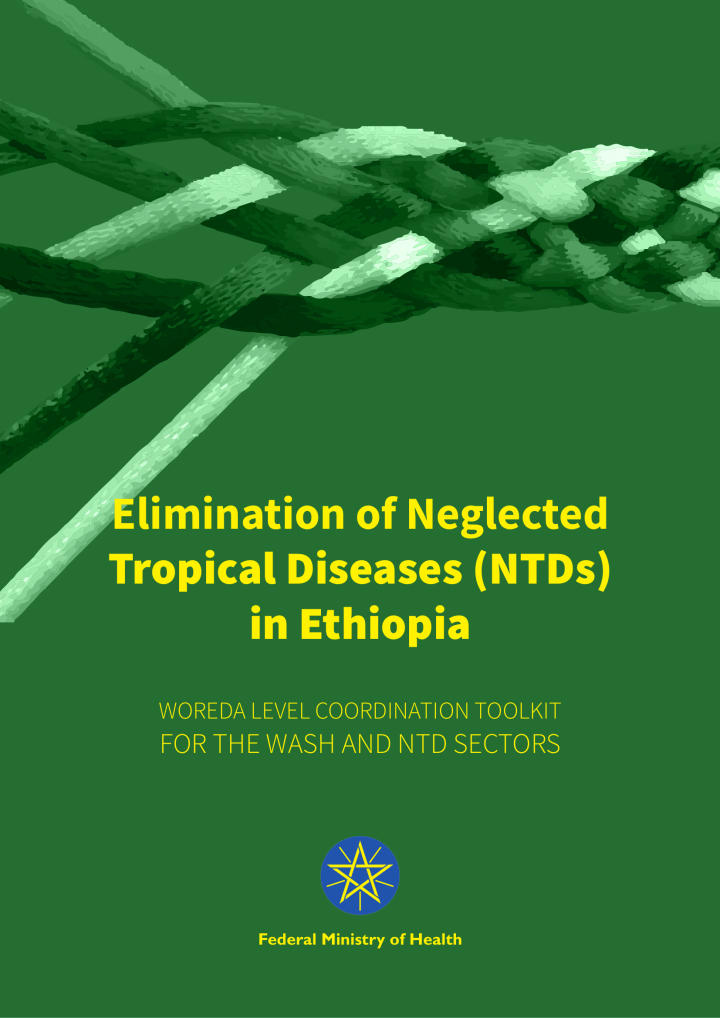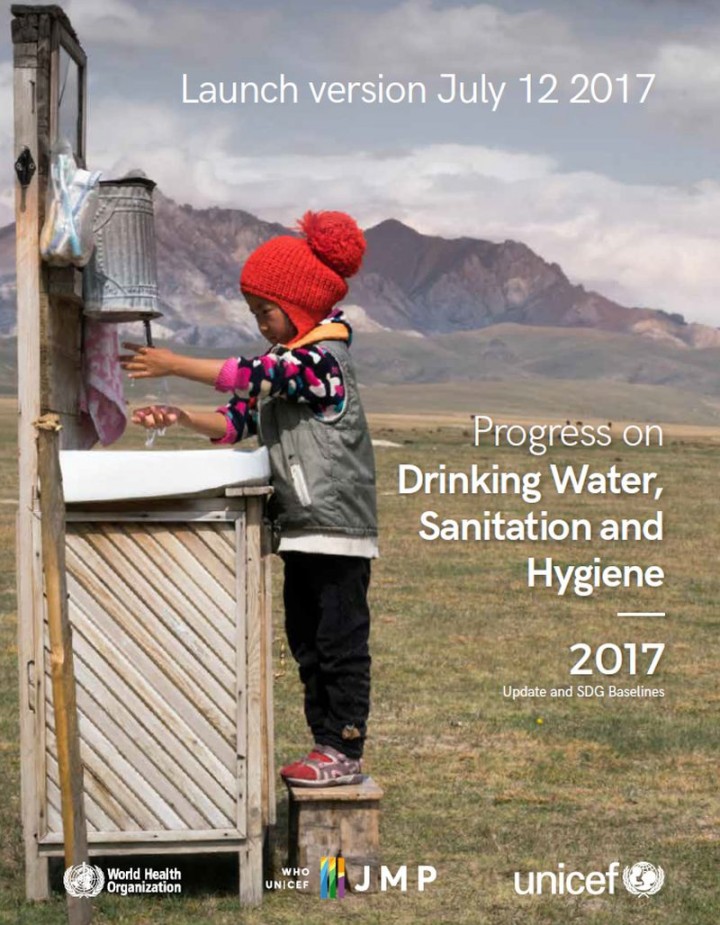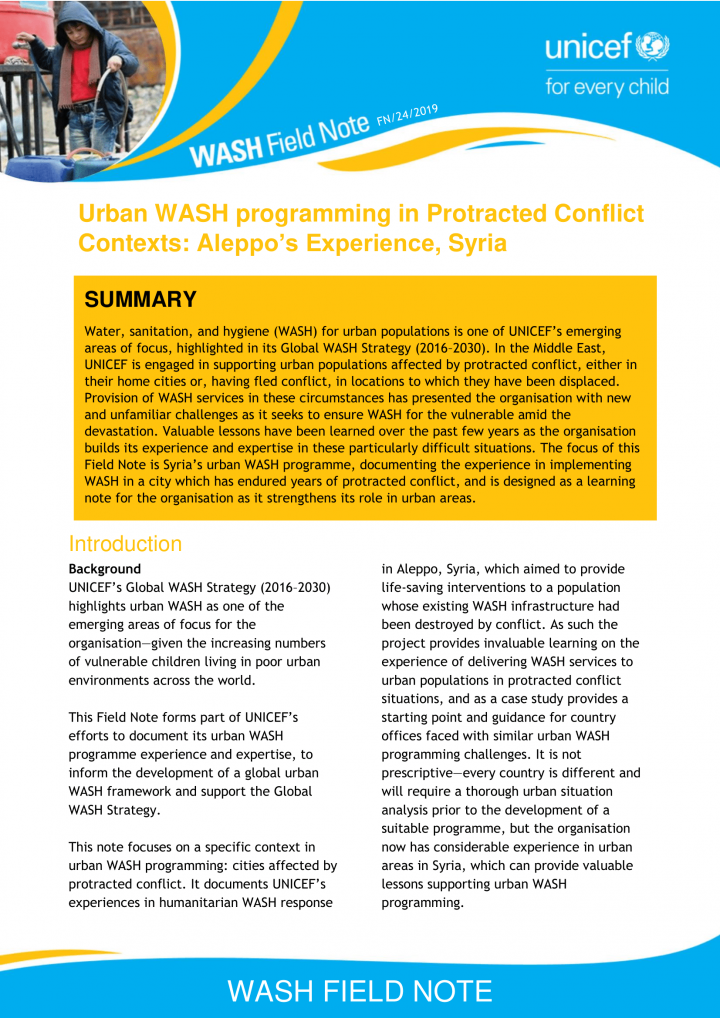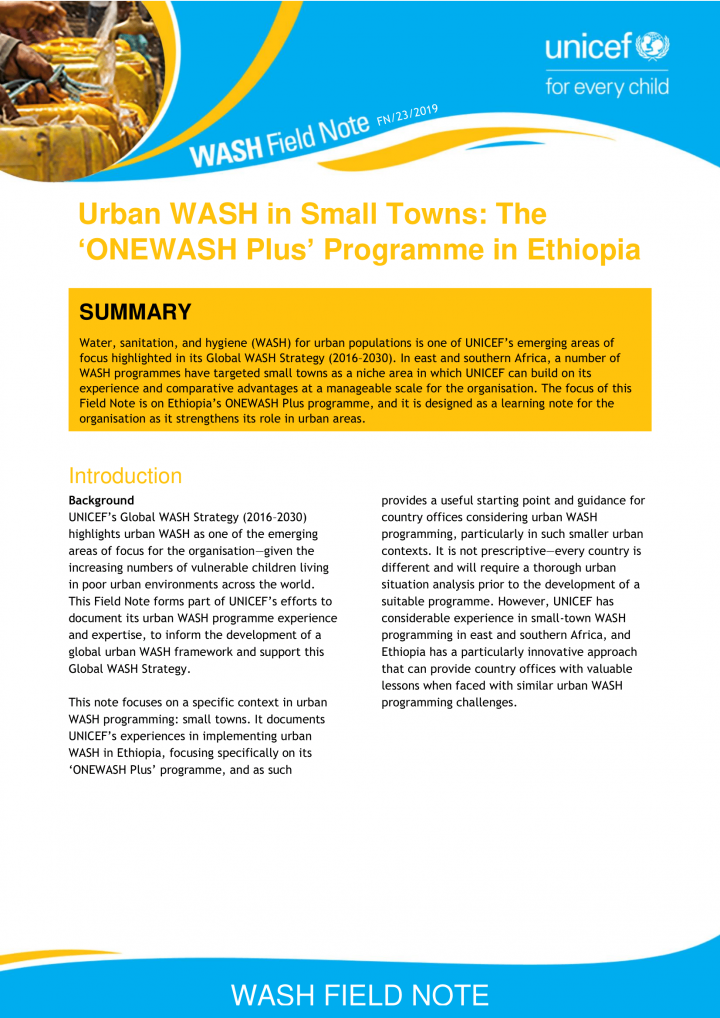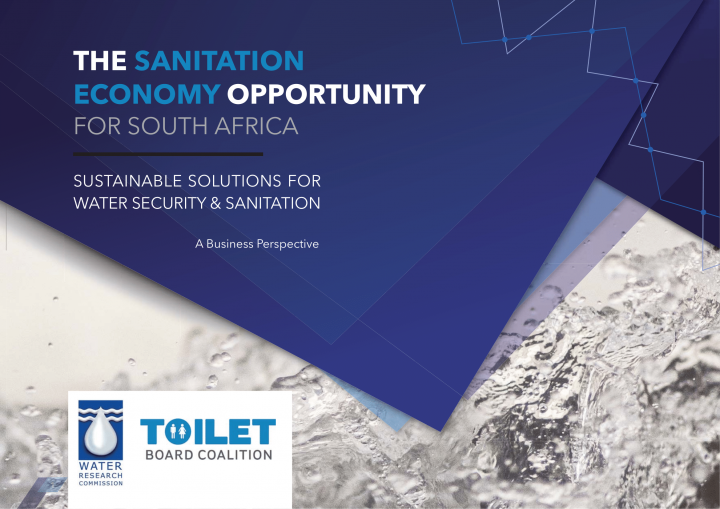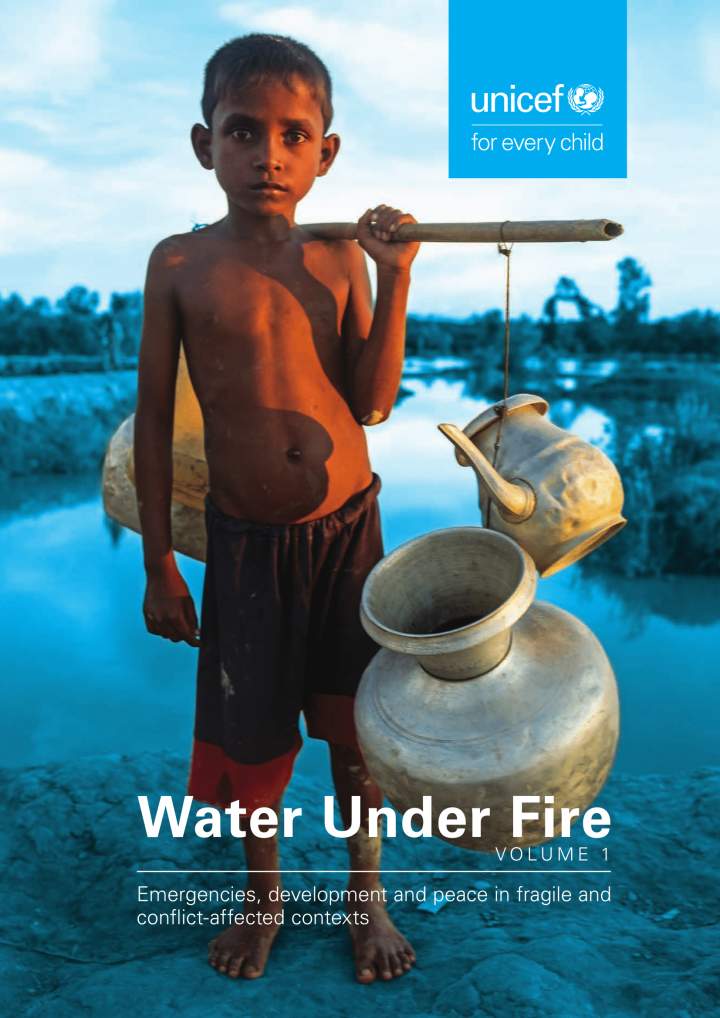Searching for information on Sanitation Workers?
The Sanitation Workers Knowledge + Learning Hub is the best source for all current news, trends, articles and updates on sanitation workers rights around the world.
The tool aims to help city managers and decision makers working with Solid Waste Management (SWM) departments. The tool helps in identifying gaps related to vehicles and equipments in use and estimated future needs of the department. It further calculates the cost and estimates operations and maintenance expenditure for the same.
Based on the WSSP-Compendium developed by WECF, teachers and pupils in rural areas of Romania, North Macedonia and Albania were trained on WSSP and WASH. In Romania, a WSSP training programme for teachers was set up and accredited at state level. Also, a guideline for small communities on risk-based drinking water management was developed. The project contributed to raising awareness and …
Cities must ensure universal access to safe, reliable and affordable sanitation so that all urban residents can lead productive, healthy and thriving lives. Globally, the number of urban residents who lack safely managed sanitation has increased from 1.9 billion in 2000 to 2.3 billion in 2015, costing $223 billion a year in health costs and lost productivity and wages. When households cannot …
In 2018, the WASH sector was surprised by three new high-quality studies (WASH Benefits, Kenya and Bangladesh and SHINE, Zimbabwe) that showed little or no impact of selected WASH interventions on reducing childhood diarrhoea and stunting. Some practitioners, researchers and funders have reacted by questioning the value of investing in WASH compared to other public health interventions and how …
The study used qualitative methods to assess the effects of a multi-modal school-based water, sanitation and hygiene (WASH) intervention on handwashing behaviour among primary students in North Western (NW) Tanzania. Barriers and facilitators to handwashing were explored in the students who participated in the Mikono Safi Trial (Kiswahili for ‘Clean Hands). The intervention increased students' …
The black soldier fly (BSF) can cope with a wide range of environmental conditions and the adult fly is not a vector of
disease. BSF larvae can consume different organic materials, including various organic wastes generated in large volumes within urban areas. By doing so, they reduce waste volume, grow into a protein-rich biomass and leave behind a nutrientrich residue. The harvested larvae can …
In 2013, BMGF/DFID initiated a partnership to promote private sector participation in nonnetworked sanitation and improve capabilities of sanitation service authorities to govern these partnerships. Targeted cities were expected to have a clear mandate to provide urban services for all, including for the non-networked poor; and interest to develop and test models to engage the private sector in a …
Coral reefs are in decline worldwide, and land-derived sources of pollution, including sewage, are a major force driving that deterioration. This review presents evidence that sewage discharge occurs in waters surrounding at
least 104 of 112 reef geographies. Studies often refer to sewage as a single stressor. However, we show that it is
more accurately characterized as a multiple stressor.Many …
Coral reefs have experienced a global decline due to overfishing, pollution, and warming oceans that are becoming increasingly acidic. To help halt and reverse this decline, interventions should be aimed at those threats reef experts and managers identify as most severe. The survey included responses from 170 managers, representing organizations from 50 countries and territories, and found that …
There is a big shortfall between the amount of food we produce today and the amount needed to feed everyone in 2050. There will be nearly 10 billion people on Earth by 2050—about 3 billion more mouths to feed than there were in 2010. As incomes rise, people will increasingly consume more resource-intensive, animalbased foods. At the same time, we urgently need to cut greenhouse gas (GHG) …
This report presents a framework for preventing marine litter based on the source-to-sea conceptual framework presented in Granit et al., 2017 and the practitioners’ guidance for implementing the source-to-sea approach in Mathews et al., 2019. Addressing issues from the holistic perspective of the source-to-sea system and strengthening coordination between sectors is central to the …
In Spanish: Este webinar nos mostrará diferentes experiencias en la gestión de lodos fecales, evaluando la magnitud de esta problemática y las principales limitaciones que deben ser superadas para mejorar la gestión de lodos fecales en nuestra región.
Esa entrada de la biblioteca contiene las presentaciónes del webinar 2: "Gestión de lodos fecales en zonas urbanas"
- Gestión de …
Neglected Tropical Diseases (NTDs) affect more than ten percent of the world’s population, primarily among the poorest populations. In Ethiopia, more than 75 million people are at risk of infection of at least one neglected tropical disease. NTDs cause suffering, blindness, disability, and delays in physical and cognitive growth which impact a person’s ability to go to school and work, thus …
The WHO/UNICEF JMP has published its first report of the SDG period, Progress on drinking water, sanitation and hygiene: 2017 update and SDG baselines. The report introduces and defines the new indicators of safely managed drinking water and sanitation services. Estimates of safely managed drinking water services, the indicator for SDG target 6.1, are presented for 96 countries, while estimates …
The World Health Organization and United Nations Children’s Fund (WHO/UNICEF) Joint Monitoring Programme for Water Supply, Sanitation and Hygiene (JMP) produces internationally comparable estimates of progress on drinking water, sanitation and hygiene (WASH) and is responsible for global monitoring of the Sustainable Development Goal (SDG) targets related to WASH. The JMP has recently published …
There is widespread recognition that sustainable and effective WASH service delivery is not only determined by the state of infrastructure, but also by complex institutional, governance and financial management systems. While a “system” may be interpreted or defined in different ways, core elements examined by the UN-Water Global Analysis and Assessment of Sanitation and Drinking-Water …
The SDG 6.3.1 indicator report on “proportion of wastewater safely treated” describes the monitoring methodology developed and tested in consultation with wastewater experts, national sector experts and statistical authorities and harmonized with the International Recommendations for Water Statistics and established regional monitoring mechanisms.
The report also presents preliminary …
Safe health care waste management, including segregation, collection, transport, treatment and waste disposal, is fundamental to wider efforts to provide safe and quality health care. Safe health care waste management practices also support a number of the UN Sustainable Development Goals (SDGs), including Goal 3 on health, Goal 6 on safely managed water and sanitation, Goal 7 on climate change …
Water, sanitation, and hygiene (WASH) for urban populations is one of UNICEF’s emerging areas of focus, highlighted in its Global WASH Strategy (2016–2030). In the Middle East, UNICEF is engaged in supporting urban populations affected by protracted conflict, either in their home cities or, having fled conflict, in locations to which they have been displaced. Provision of WASH services in …
Water, sanitation, and hygiene (WASH) for urban populations is one of UNICEF’s emerging areas of focus highlighted in its Global WASH Strategy (2016–2030). In east and southern Africa, a number of WASH programmes have targeted small towns as a niche area in which UNICEF can build on its experience and comparative advantages at a manageable scale for the organisation. The focus of this Field …
The Water Research Commission and the Toilet Board Coalition have come together to identify the business opportunities in the Sanitation Economy specific to Africa.
Our sanitation challenge in South Africa is a continuous
one. Dealing with the inequities of the past, coupled
with a dichotomy in society through apartheid spatial
planning and the new perils of nature in the form of
climate …
This framework for action was developed to support the inclusion of nutritional considerations in the design of water operations and to help formulate nutrition-enhancing water policy. Chronic undernutrition early in life can cause cognitive and physical impairments that prevent children from achieving their full potential and have lasting consequences on the human capital that is essential for …
Every child has the right to water and sanitation. And yet globally, in fragile and conflict-affected contexts, 420 million children lack basic sanitation and 210 million children lack access to safe drinking water. UNICEF launched the Water Under Fire campaign in March 2019 to draw global attention to three fundamental areas where changes are urgently needed to secure access to safe and …
The Equality and Non-discrimination (EQND) and Community-led Total Sanitation (CLTS) Handbook provides practical guidance for ensuring that behaviour change interventions leave no one behind. Drawing on experience from across the sector, this handbook is specifically targeted towards those implementing or supervising CLTS interventions at the community level. Key features include a summary of …
The aims of this factsheet are to:
1. Advocate for sustainable sanitation in schools in developing countries and countries in transition
2. Highlight existing challenges
3. Explore various innovations both in hardware and software using examples from developing countries.
4. Identify the common principles that are needed to achieve the desired outcomes.
The guiding principles for …

